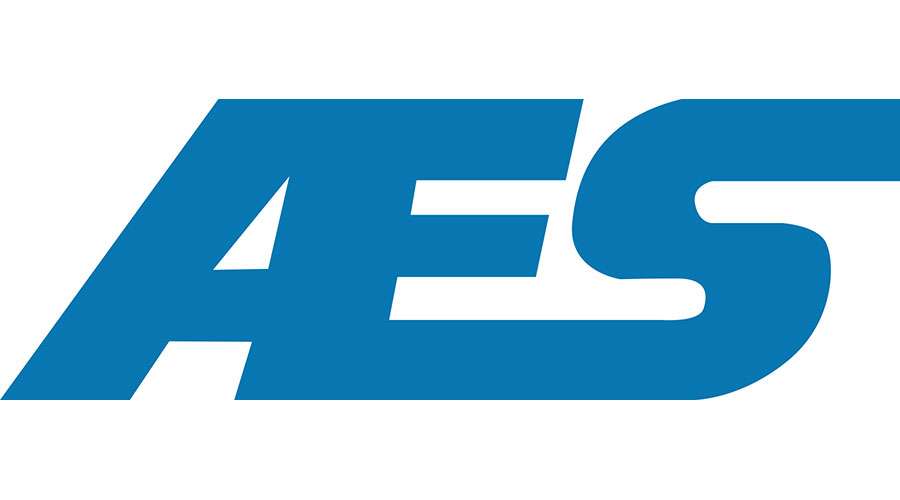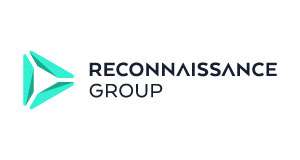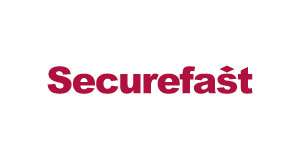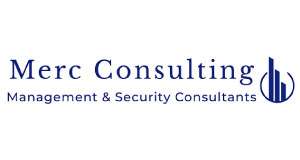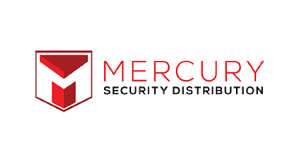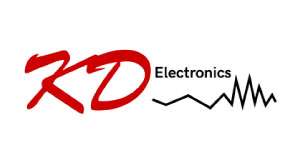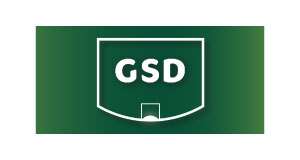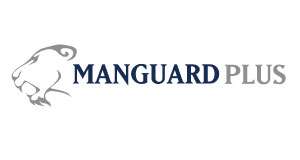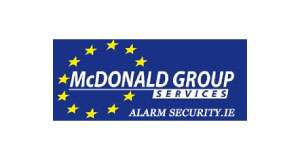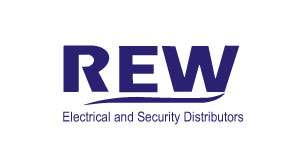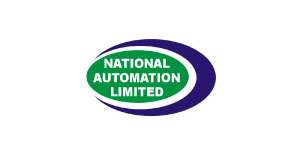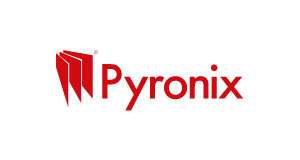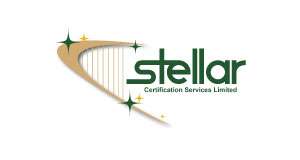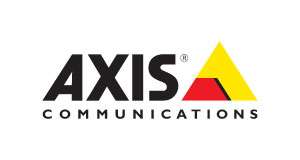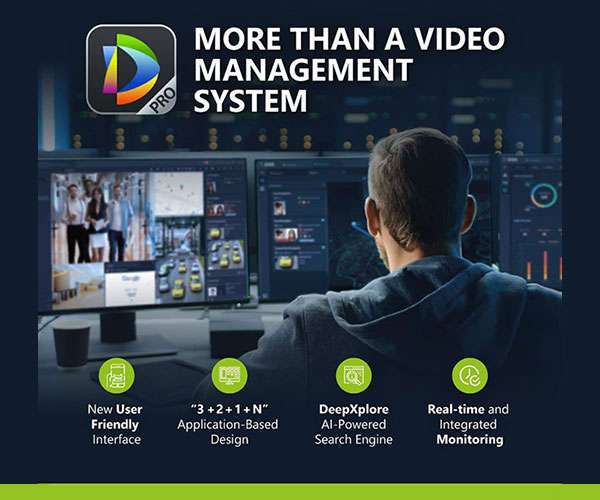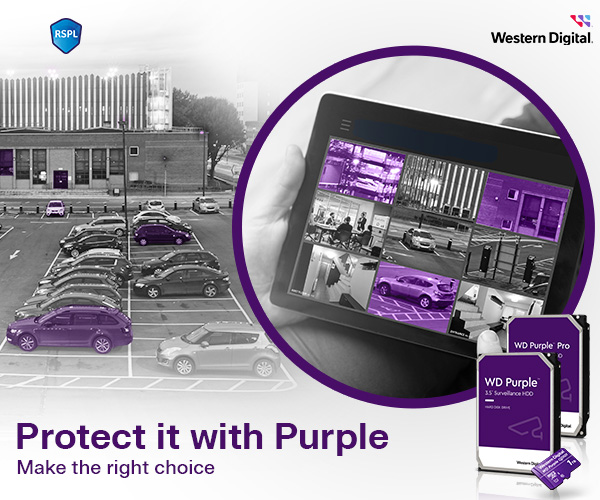Medical Identity Theft On The Rise in Ireland!

INTRODUCTION
With World Health Day approaching on 7th April 2024, it’s becoming increasingly imperative for Irish hospitals and other Irish healthcare providers to take notice of the increasing risks relating to healthcare identity theft.
The importance of facial recognition in healthcare contexts and their role in addressing various security and patient safety challenges has been on the minds of facilities managers within Irish hospitals for some time…
… it would appear, now, more than ever, that the global healthcare industry is needing to embrace more innovative measures to protect sensitive patient data.
This article looks at the rise and global scale of the issue and considers some solutions to help the Irish healthcare industry tackle the problem of medical identity theft in Ireland.
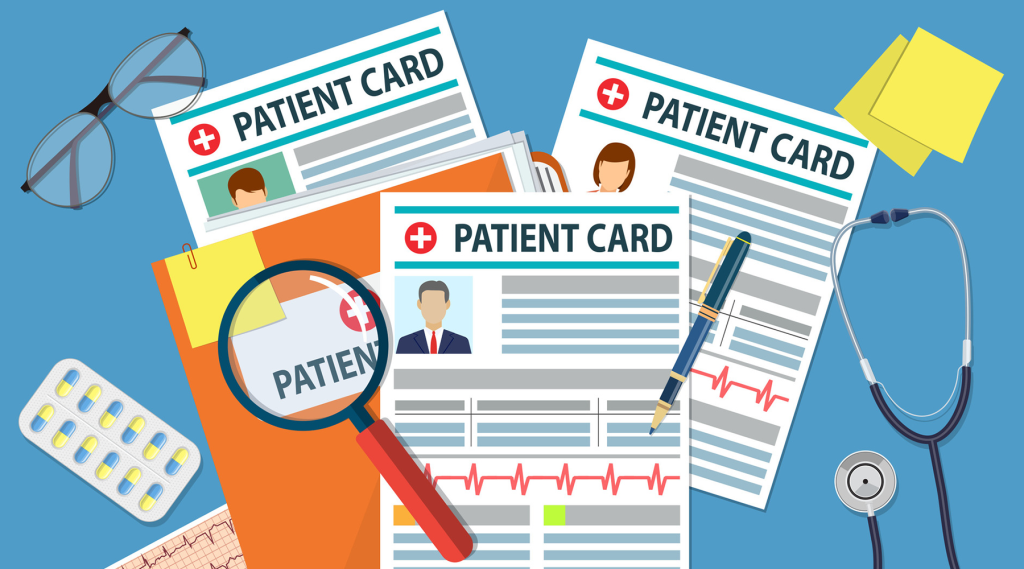
MEDICAL IDENTITY THEFT
The global healthcare biometrics market is experiencing a remarkable surge, projected to achieve a compound annual growth rate (CAGR) of 18% from 2023 to 2032.
This growth highlights the increasing recognition within the healthcare sector of the essential role biometric verification plays in bolstering healthcare security.
It reflects not only technological advancements but also the rising awareness of the importance of safeguarding patients’ physical and informational wellbeing.
Recent statistics reveal a concerning global trend in the medical field, with a significant increase in data breaches, that is equally concerning for facilities managers and procurement managers tasked with protecting patient safety in Irish hospitals.
In 2023, there were daily reports of healthcare data leaks involving 500 or more records; resulting in approximately 364,571 compromised medical records, daily — akin to 128.2 million per year.
Medical identity theft is a burgeoning issue in the global healthcare sector that is of growing concern for facilities managers within Irish hospitals.
Medical identity theft, much the same as financial identity theft, involves the theft of an individual’s health information – which is used to access medical services, prescription medications, and even surgery!
This poses significant risks to the financial wellbeing of patients and victims of medical identity theft along with the reputation of healthcare providers who are now having to start clamping down on this issue given the huge patient safety concerns.
With medical identity theft, the ramifications extend beyond mere financial loss and include inaccuracies in medical records that may result in inappropriate treatment and/or misdiagnosis.
Furthermore, medical identity theft can grant unauthorised access to very confidential patient information and sensitive areas within medical facilities.
As these incidents are globally on the rise it is becoming imperative for robust security measures to be put in place; one of which is to utilise facial recognition technology in a healthcare setting.
Facial recognition technology emerges as a transformative solution to tackle numerous challenges confronting the healthcare sector:
-
Access Control
Critical areas within healthcare facilities, such as operating rooms and patient records archives, can be secured against unauthorised entry by using facial recognition technology.
Unlike traditional ID cards, facial features are unique, ensuring only authorised personnel gain access; thus minimising the risk of data breaches.
Additionally, facial recognition solutions can perform “liveness checks” which confirm the presence of a real life person (as opposed to a photo).

-
Maintenance of Patient Accounts
Integration of facial recognition into electronic health record systems ensures precise patient identification and streamlines administrative tasks.
At registration desks, patients’ faces are scanned, automatically retrieving their medical records from the hospital database.
This minimises errors and expedites hospital check-in; improving operational efficiency and confirming the identity of the patient in a unique and efficient way that is akin to a fingerprint or retina scan.

-
Enhanced Patient Experience
Facial recognition can simplify patient check-in; thus reducing wait times and enhancing overall satisfaction. Facial recognition software can scan a person’s face and perform an identity check in seconds – much the same as an ANPR camera.
-
Medical Data Safety
A common issue is unauthorised access to patient data. Facial recognition verifies a user’s identity and offers a much more robust process than the scan of an easily stolen or duplicated identity card. This mitigates the risk of unauthorised access to healthcare systems and prevents data theft of patients’ sensitive information.
-
Privacy Concerns
As with any security measure, and especially facial recognition systems, there are going to be inevitable privacy concerns that hospitals must take into account when considering the installation of facial recognition systems in such a personal environment where privacy is paramount.
The question, facilities managers and procurement managers within Irish hospitals must consider on the topic of facial recognition systems is whether, on balance, the privacy benefits outweigh the risk that some Irish patients might perceive facial recognition as being invasive.
SUMMARY
As we celebrate World Health Day on 7th April and notice a healthcare landscape that is increasingly focused on safeguarding confidential information and patient safety — out of necessity; we can start to see the possibilities facial recognition systems can provide Irish hospitals to protect their patients from medical identity theft.



